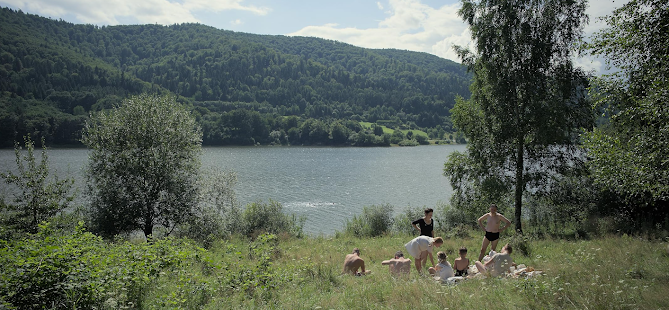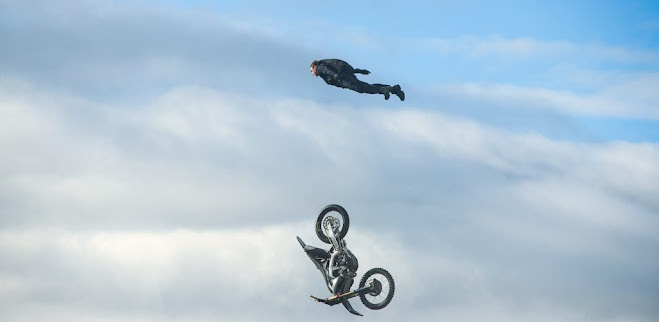10 Best Films of 2023
In 2023 we saw the power of the Barbie/Oppenheimer double feature, dubbed Barbenheimer. These two films were so different thematically that a social media phenomenon emerged, which enticed audiences to see both movies on the same day. We heard Barbie (Margot Robbie) asking "Do you ever think about death?" and on the same day see Oppenheimer (Cillian Murphy) claim "I am become death."
We saw Tom Cruise do an incredible over-the-top jump over a mountain for Mission: Dead Reckoning. We saw Godzilla become a creature of chaos & destruction in Godzilla: Minus One, which might not just be my favourite film of this year, but of the last 24 years. Flowers of the Killer Moon proved grandpa Scorsese still has the power to make captivating movies.
This list is a celebration, and admiration, of the artists who made 2023 an incredible year for artistic expression. This year has been a testament to the fact that great movies are still being made.
1. Godzilla: Minus One
2. The Holdovers
3. The Zone of Interest
4. Killers of the Flower Moon
5. Anatomy of a Fall
6. May December
7. Oppenheimer
8. American Fiction
9. Bottoms
10. Mission Impossible: Dead Reckoning





























